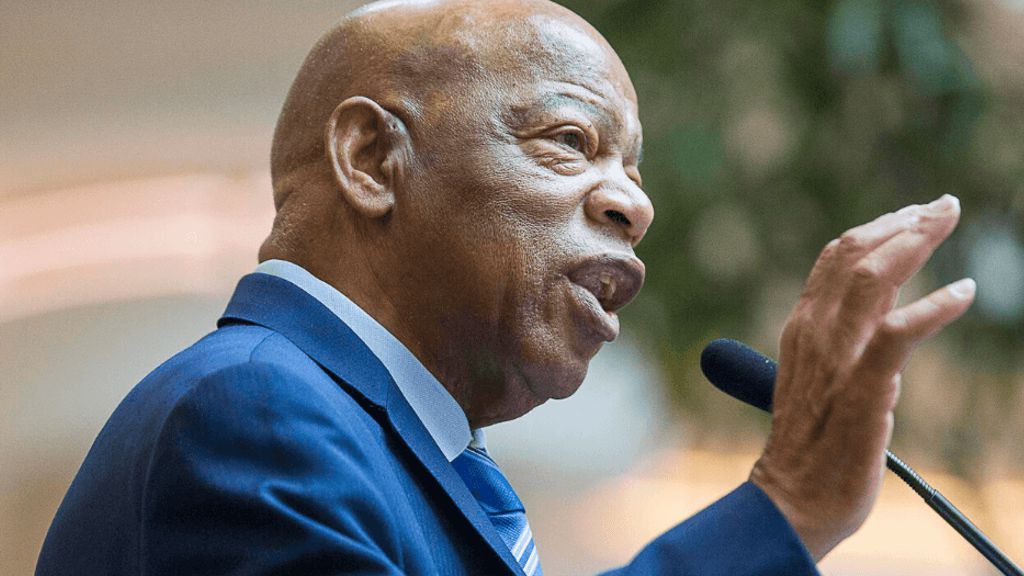
Congressional Democrats who failed in a late-night attempt earlier this month to impose federal control over elections are now pushing a new, more radical version of the proposal.
The John L. Lewis Voting Rights Advancement Act of 2021 was introduced earlier this week by House Democrats as HR4. The introduction comes after Senate Majority Leader Chuck Schumer (D-N.Y.) was blocked by Sen. Ted Cruz (R-Texas) from seeking to approve the upper chamber’s version of the For the People Act, HR1, by unanimous consent.
Under the unanimous consent process, a bill is considered approved by the full Senate without a recorded vote, unless at least one senator objects, as Cruz did at 4 a.m. during the Aug. 11 Senate session.
The Lewis proposal includes major provisions of HR1—expanding mail-in voting, legalizing vote harvesting, providing federal tax dollars to congressional campaigns, and banning voter ID requirements — while also adding provisions negating two important Supreme Court election law decisions.
The decisions include the 2013 case of Shelby County v. Holder, in which the court substantially relaxed certain requirements of the Voting Rights Act of 1965 (VRA) that subjected nine southern states and parts of six others to Department of Justice (DOJ) approval of proposed election laws.
The second decision is from Brnovich v. Democratic National Committee earlier this year, in which the court upheld Arizona’s right to ban vote harvesting, a process that allows political activists to go to voters’ homes to collect their ballots. Democrats strongly support vote harvesting, while Republicans oppose it as an invitation for voting fraud.
The Democrats’ HR4 amends the Voting Rights Act to enable the DOJ to consider a lengthy list of highly subjective factors to justify nullifying a state or local election law or procedure.
One of the factors provides that the DOJ can justify such a nullification based on “the extent to which minority group members bear the effects of discrimination in areas such as education, employment, and health, which hinder their ability to participate effectively in the political process.”
Another of the factors provides grounds for nullification if DOJ officials believe “there is a lack of responsiveness on the part of elected officials to the particularized needs of minority group members.”
The VRA applied to nine southern states formerly belonging to the Confederacy, as well as parts of six other states, but all 50 states could be covered by the provisions of HR4 if it becomes law. President Joe Biden has said he’ll sign the measure if it makes it to his desk.
But there’s substantial opposition to HR4 both within and outside of Congress.
“All of these changes would give the liberal ideologues who populate the career lawyer ranks inside DOJ carte blanche to go after any election change that they don’t like from a policy point of view, not because it is in any way discriminatory. This is a terrible bill and extremely dangerous,” Hans von Spakovsky told The Epoch Times on Aug. 18.
Read Full Article on TheEpochTimes.com






